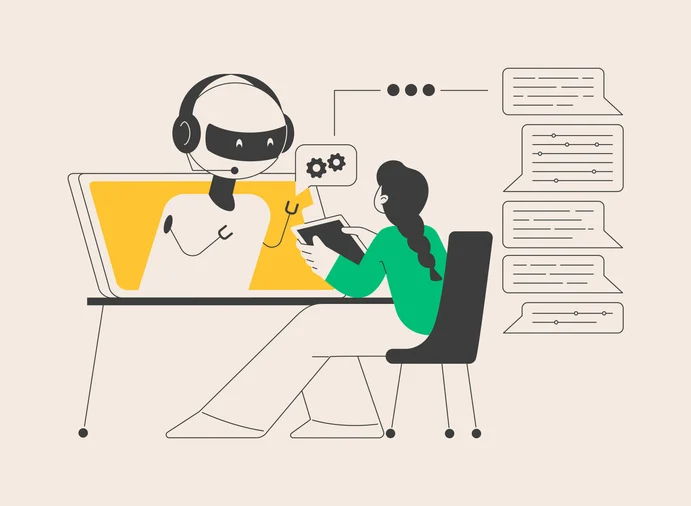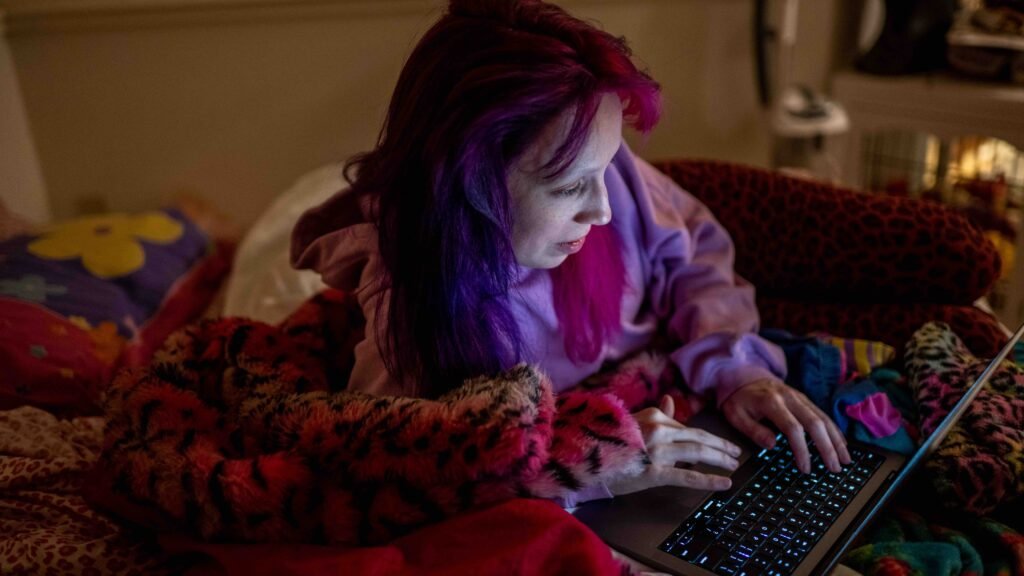As the pressure to remain connected intensifies, individuals are finding ways to disconnect from their devices to improve their mental health. Remington Vaughan, a sophomore in communication studies and film, experienced a compulsion to check her Apple Watch each time it buzzed. This constant need to respond to notifications, whether from texts or social media, began to feel overwhelming. Vaughan described it as a ‘vice’ that contributed to anxiety and self-esteem issues prevalent among many young adults.
The constant stream of notifications and curated social media content has become a source of stress for many. A July 2022 study published in the International Journal of Environmental Research and Public Health identified a correlation between excessive cellphone use and negative impacts on physical and mental health. Additionally, a March 2025 survey by Talker Research revealed that 62% of Gen Z and millennial respondents reported feeling persistently anxious due to the pressures of staying connected.
Meredith Hunter, a senior film and media arts major, expressed concerns about missing out on trends if she disconnects, illustrating the pervasive fear of missing out (FOMO) that characterizes this digital era. This fear drives many young adults to remain plugged in at all times, fearing they will fall behind on important updates or popular topics.
Despite these challenges, students like Vaughan are taking steps to reclaim their mental peace. After recognizing the toll her Apple Watch was taking on her well-being, Vaughan decided to stop wearing it and reduce her phone usage. During the pandemic, she eliminated several social media apps, including Snapchat, Twitter, and TikTok, which she found particularly addictive.
Vaughan’s experience reflects a broader trend among young adults who are actively seeking to limit their screen time. Many are reassessing their relationship with technology and are finding that taking breaks from social media can help alleviate stress. Hunter mentioned that she has turned to hobbies such as podcasts and audiobooks to stay informed while avoiding hours spent scrolling through social media.
Tyshie Bailey, a security guard at the Howard Gittis Student Center, also recognizes the stress associated with constant connectivity. To manage this pressure, Bailey commits to a yearly internet detox, attempting to disconnect for a month to remind herself of life without digital distractions.
The Temple community is discovering various ways to regain control over their mental health in an era dominated by technology. For some, the solution lies in reconnecting with loved ones and engaging in face-to-face interactions. Vaughan emphasized the importance of spending quality time with family and friends, noting that immersing oneself in genuine conversations can provide a necessary break from devices.
In summary, the pervasive use of smartphones can lead to increased anxiety and stress among young adults. However, through intentional breaks, reduced social media usage, and a focus on in-person connections, individuals are finding effective strategies to combat digital depression and improve their mental health.



